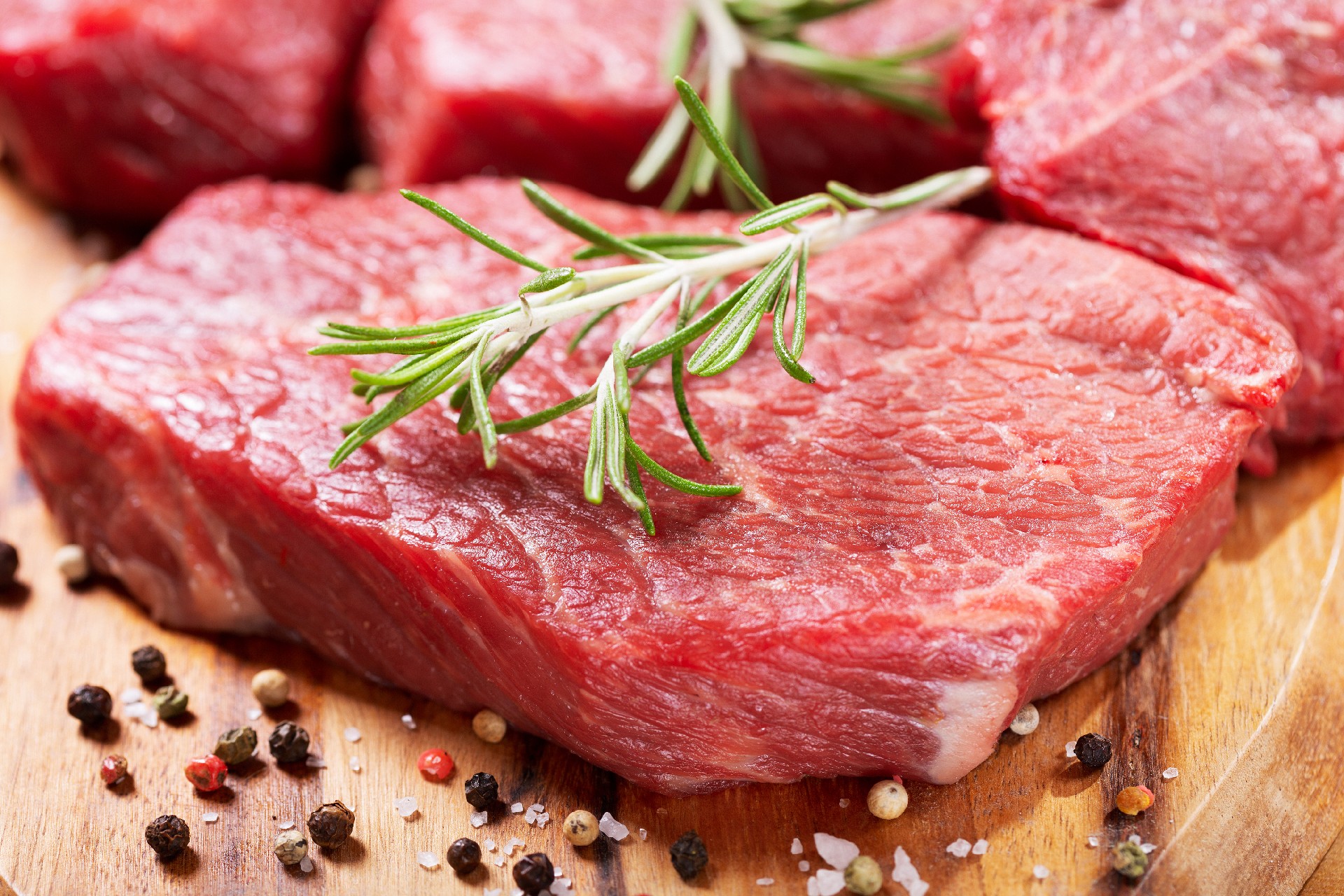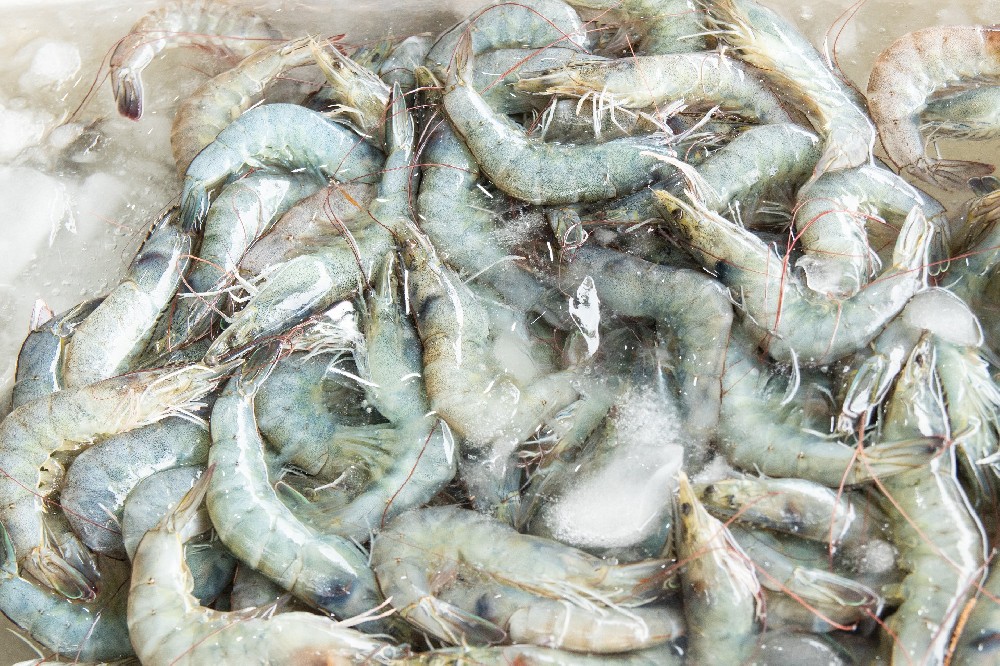Can Argentine beef regain global market share after tariff reduction?


Argentina has been a world-renowned beef exporter for many years, and its agricultural sector has been an important pillar of the national economy.However, high export tariffs, especially withholding taxes on key agricultural products such as beef, severely constrained the international competitiveness of Argentine agricultural products, resulting in low profits for producers and insufficient incentives to invest.Especially in the context of global economic integration, reducing trade barriers and improving export efficiency have become the key to enhancing national economic vitality.
President Millay announced the elimination of tariffs on most beef exports to China, especially all categories of cows (A, B, C, D and E), which are the main source of Argentine meat exports to China.This move directly reduces the cost of Argentine beef entering the Chinese market and enhances its price competitiveness, which is expected to significantly increase the global market share of Argentine beef, especially in China, a huge consumer market.
In addition to beef, the government also plans to reduce export tariffs on other animal protein products such as chicken, pork and lamb by 25 percent and maintain export tariffs on dairy products at 0 percent.This series of measures aims at diversifying Argentina's agricultural production and export markets, reducing dependence on a single product and improving overall risk resilience.
Although the policy prospects seem bright, there are still many challenges in the implementation process.The first is how to effectively distinguish and trace the origin of beef exports, ensuring that preferential policies only benefit eligible cows and not other categories of cattle.This requires the establishment of a more refined management system and traceability mechanism, and the use of modern scientific and technological means such as blockchain and Internet of Things to improve regulatory efficiency.
In addition, whether policy preferences can really benefit livestock producers rather than just stay in the export chain is also a big test.Because meat markets lack the same rigid reference price system as grains, there may be uncertainty about profit distribution between producers and exporters.Therefore, the government should strengthen communication and cooperation with industry associations and producers, formulate reasonable price guidance mechanism and profit distribution scheme, and ensure that policy dividends can benefit the whole industry chain.
-

Ecuadorian Shrimp-It's Not Easy To Love You
2024-07-04 -
The AI Lecture of Zhanjiang Chamber of Commerce was successfully held in Quanlian Centralized Procurement, helping the enterprise to upgrade its digital intelligence
2025-04-18 -
Tilapia Tariff Raised to 45%, U.S. Market Waiting for Change
2025-04-02 -
Into the Northwest Frozen Food Hub| All-Union Centralized Procurement Visits Lanzhou Jiaojiawan Frozen Market
2025-03-07 -
China's Ministry of Commerce's latest response to the US imposition of a 10% tariff on Chinese exports to the United States
2025-03-04 -
Ecuador shrimp industry new era, 2024 top ten shrimp enterprises list announced
2025-02-26













